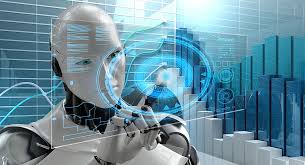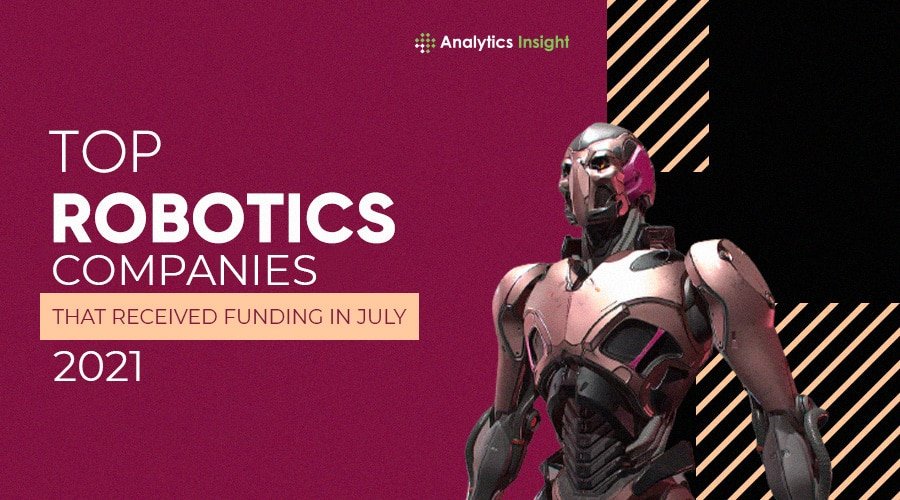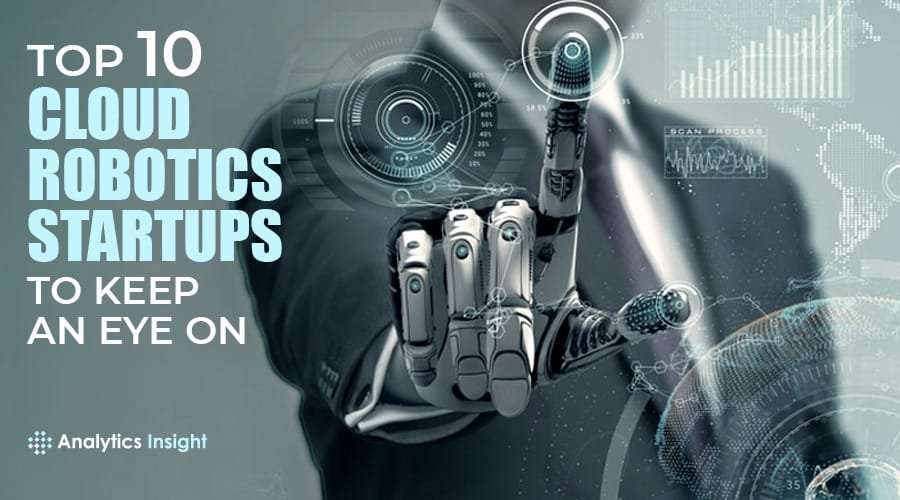Source: roboticsandautomationnews.com
The pursuit of efficient, smarter, and superior chatbots with higher intelligence has inexplicably increased the degree of automation processes; improving conventional business at the far end of the spectrum.
Yet there are so many blurring confusions about the function of RPA. Let’s clear that first! RPA can be simply put together as a tool intended to support business processes with automation.
It can be used as a multipurpose tool to extract data, integrate with digital systems, processes automated transactions, and even respond to emails. RPA bots are required in abundance for allocated tasks within an enterprise resource planning system (ERP).
Super robotics companies like UiPath and Blue Prism are revolutionizing their services to remain persistent in the go-getting industry.
The UiPath Enterprise RPA platform provides a user-friendly automation design tool that enables on-premises and automated cloud deployment, thus supporting both attended and unattended robots for high scale, safe, and robust operations.
Founded by Daniel Dines in 2005, the UiPath has received enormous investments in the past by capitalists. For instance, in 2018, Accel and Kleiner Perkins Caufield & Byers invested approximately US$153 million in the company.
The deployment of the UiPath platform helps to manage automated business processes with minimal cost of operation along with the enhanced handling of IT resources.
The comprehensive UiPath offers a great deal of security for its servers with an innovative feature of a locked screen, thus, escalating the paybacks of Robotic process automation.
Whereas, Blue Prism provides a Digital Workforce for a collaborative environment of humans and robots. Blue Prism’s highly advanced connected-RPA platform enables intelligent automation for organizations. The company was founded in the year 2010 by a set of experts working in the field of process automation.
Blue Prism’s technological legacy has been carried on ever since, now used by various industries involving finance and insurance, consumer packaged goods, public sectors, utilities, and healthcare.
The platform facilitates ease in data sharing for enterprises and infrastructure data repositories, therefore eliminating rogue IT leads from the business operations. The Blue Prism platform also performs functions without creating any redundant repository of new data.
Chatbots and RPA Similarities and Use
Chatbot technologies and RPA are being implemented by organizations across various sectors. In many ways, it is anticipated that the integration of both technologies can transform value propositions in automation and enhance digital engagement in the present age.
RPA robot emulates the movements of a human, on the other hand, chatbot simulates human conversation.
Natural language processing (NLP) plays a pivotal role in both the emerging technologies, conversely, their uses differ. RPA bots extract language and data from documents, files, forms, browsers, while chatbots unravel conversations, from voice or text channels.
RPA is not conversational, although it can extract data from the user interface. The major similarity in both technologies is that both rely on automating underlying tasks or business processes.
RPA bots decipher data from various content practices and then generate many vastly repetitive business tasks. The exquisiteness of RPA and chatbots is that it never sleeps, remains operational full day and night to meet customer’s needs or process large volumes of monotonous tasks, regulating or reducing the necessity for costly and frequently error-prone human interactions and handoffs.
AI Chatbots Stealing RPA’s Thunder
AI exemplifies an avant-garde approach, which is more exuberant and freer in orchestrating the right tasks at the right time.
On the contrary, RPA processes are unbending and not free-flowing, rather more direct and process-driven than conversation-led. The AI approach is much faster, superior, and versatile than RPA.
The advent of AI platforms reveals best approaches and tools that are not loaded with atypical systems, but does that mean RPA will be replaced by AI-enabled chatbots?
The question of whether RPA will become obsolete due to the emergence of AI chatbots is doubtful but it may definitely present a challenge for companies working with the RPA platform.


